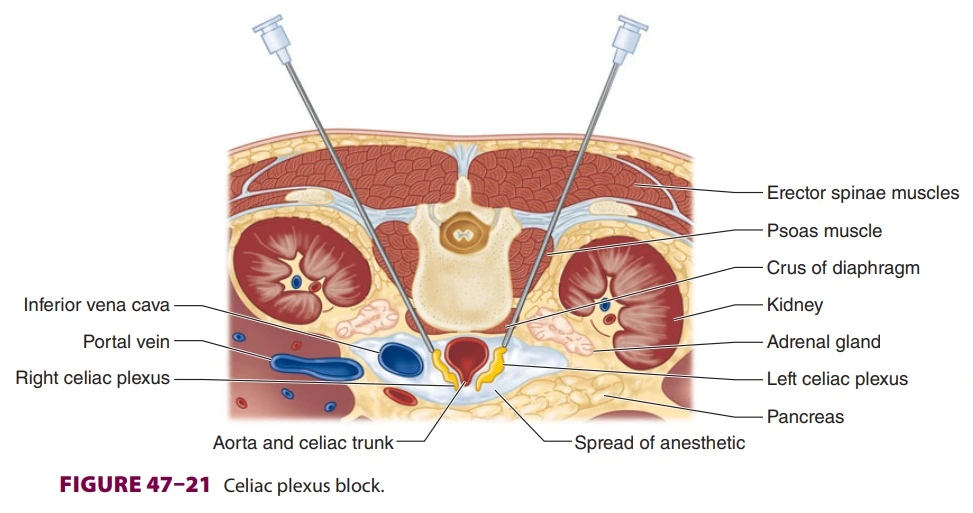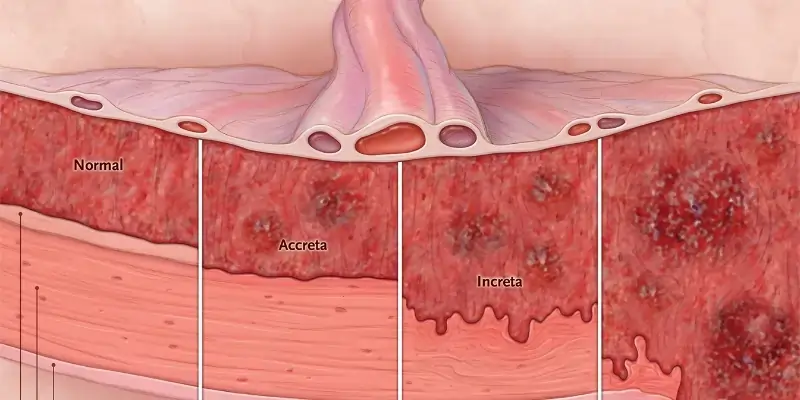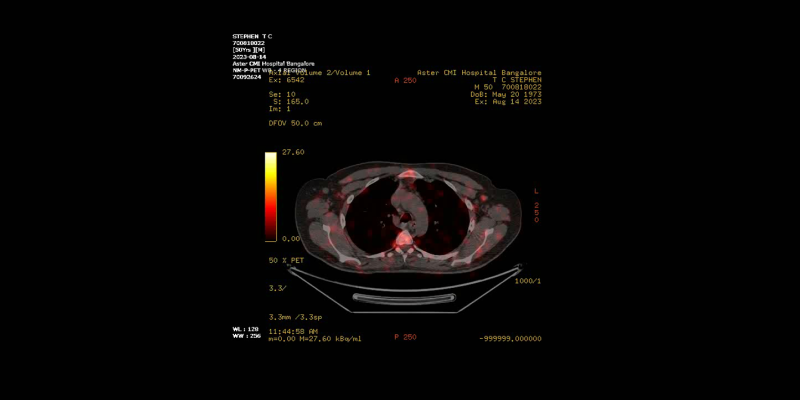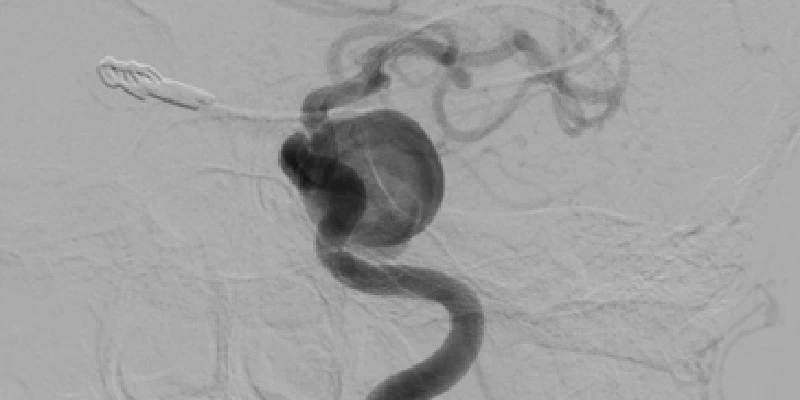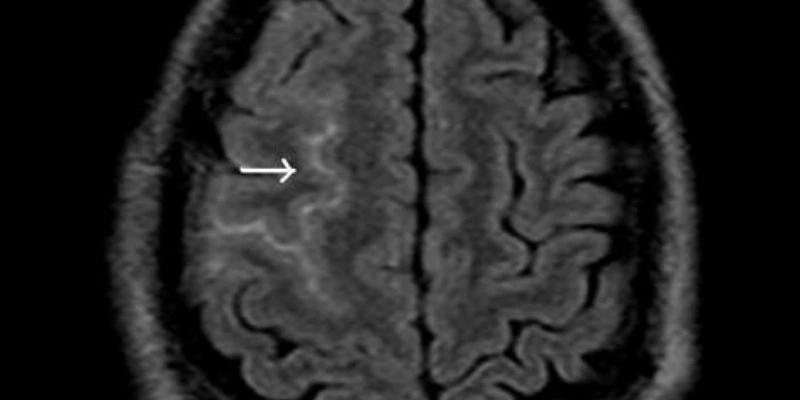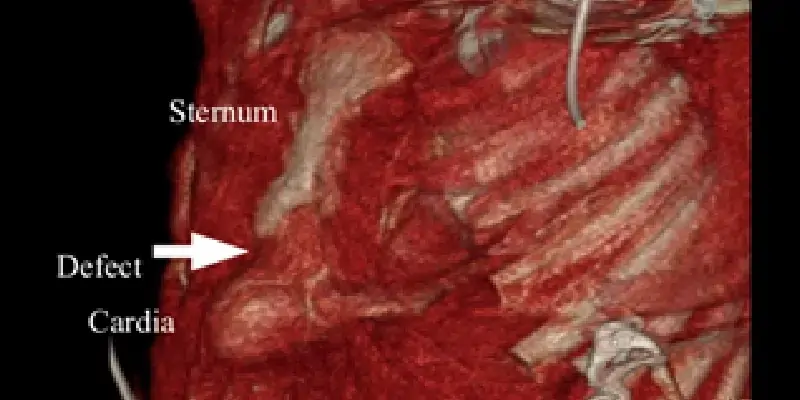
Ectopia Cordis – A Case Study on a Rare Congenital Anomaly
Ectopia Cordis, is a rare genetic defect or rare congenital anomaly with a prevalence of 8 per million births. The result of the failure of fusion of the anterior chest wall results in extra thoracic location of the heart and is caused due to the failure of migration of the lateral mesoderm into the midline. Some forms may be the outcome of amniotic band syndrome. This has a poor prognosis and has a syndromic association with Pentalogy of Cantrell which potentially involves Ectopia cordis, omphalocele, congenital diaphragmatic hernia, sternal cleft, congenital heart disease.
AMI experts Dr. Richa Jain and Dr. Sudhir Kale conducted a case study on Ectopia Cordis. The study was based on an 11 months male child with complaints of swelling in the thoracic abdominal region since birth with congenital heart disease. The images with the shaded surface display ventral hernia, sternal/abdominal wall defect with anterior herniation of the ventricle, and CT imaging revealed a transverse colon and Single ventricle with LV configuration.
The CT findings also showed tricuspid atresia with dilated right atrium, large ASD with the dilated left atrium, herniation of the single ventricle-through anterior pericardium and thoracic wall defect, omphalocele, PDA connecting aorta to pulmonary artery where the left pulmonary artery is small and a double SVC. The diagnosis conducted was Antenatal- MTP. The prognosis depends on the severity of the intracardiac/ extracardiac defects.
The correction of the ectopia cordis was performed by covering it with a skin flap and repositioning it into the chest. The repair of the omphalocele, diaphragmatic defect, and sternal defects is done preferably as a one-stage procedure. The prognosis of patients with pentalogy of Cantrell is dependent on the severity of the intracardiac abnormalities and associated malformations. Complex cardiac malformations have mortality as high as 50% during the first days of life.

AMI Expertise - When You Need It, Where You Need It.
Partner With Us

